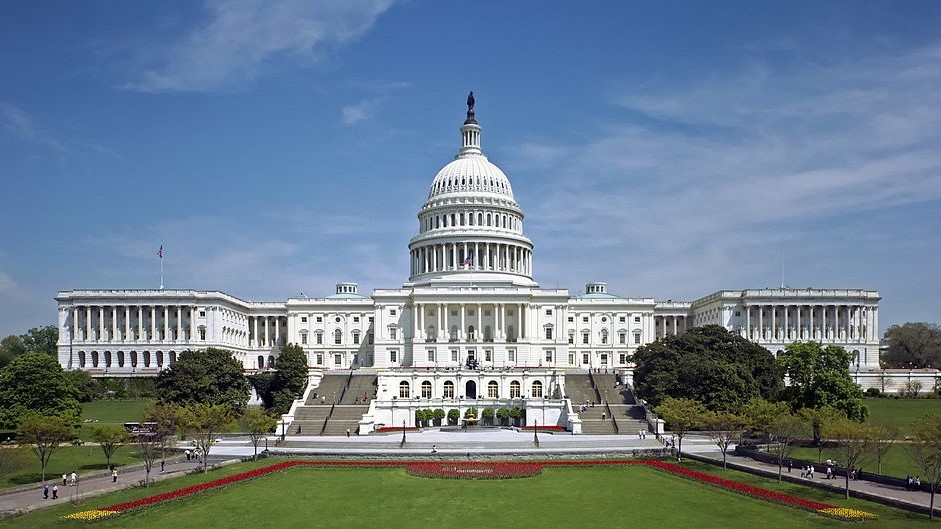Senators blast new US mining royalty plan as anti-green

“The race for electric vehicles and electrification of the economy requires metals and mining, and that needs to be incentivized, not stalled,” said Rich Nolan, head of the National Mining Association, told Reuters.
The House of Representatives Natural Resources Committee added language to the proposed $3.5 trillion reconciliation spending measure earlier this month that would set an 8% gross royalty on existing mines and 4% on new ones. There would also be a 7 cent fee for every tonne of rock moved.
That would mark one of the most-substantial changes to the law that has governed U.S. mining since 1872 and could raise about $2 billion over 10 years for federal coffers.
150 year-old mining law
The 1872 law did not set royalties in order to encourage development of more than 350 million acres in the western United States. Miners say it should remain as-is, or be tweaked only slightly. Environmentalists have long said the law should be updated to require the industry to pay to extract minerals on taxpayer-owned land.
“The Law of 1872 is egregious by modern standards,” said Senator Autumn Hanna. “No one sets a price for land and leaves it for 150 years.”
“The president and House Democrats want to make it more difficult to get to these minerals we need. And they seek to eliminate all mining on federal lands,” said Ranking Republican Member John Barrasso (Wyoming) in Tuesday’s hearing.
“Last month, House Democrats advanced partisan budget legislation – their reckless tax and spending spree – that would impose punishing royalties on existing and new mines on federal land. House Democrats also plan to raise fees and impose a tax on mining firms. The fees are based on the amount of dirt they moved. You can’t make this stuff up. House Democrats are planning to tax dirt,” Barrasso said.
The state of Nevada is home to the largest gold mining complex in the world, Nevada Gold Mines, a joint venture between the world’s top two gold miners —Newmont and Barrick.
“I oppose the reform proposal that was put forward in the House of Representatives because, one, the legislation would have an unfair, outsized impact on the state of Nevada, where most of the land is owned by the federal government and it imposes taxes on federal land. But more importantly, moving this type of reform through a short-term budget process would create uncertainty for the industry and uncertainty that supports thousands of jobs across the country,” said Democratic Senator Catherine Cortez Masto (Nevada).
The proposed new royalty rates would affect hard rock mining, but are part of a series of other proposed fee hikes on oil, coal and natural gas extraction.
The committee had also approved language that would block Rio Tinto from building its Resolution copper mine in Arizona. The world’s second-largest miner has spent more than $2 billion on the project in the past decade but has yet to produce any copper, the red metal used in electric vehicles and other electronics.
“This is clearly an example where the legislation will help China and hurt the United States and make us more dependent on China and potentially other adversaries for critical minerals that we need, including for our national defense,” said North Dakota Republican Senator John Hoeven.
(With files from Reuters)




